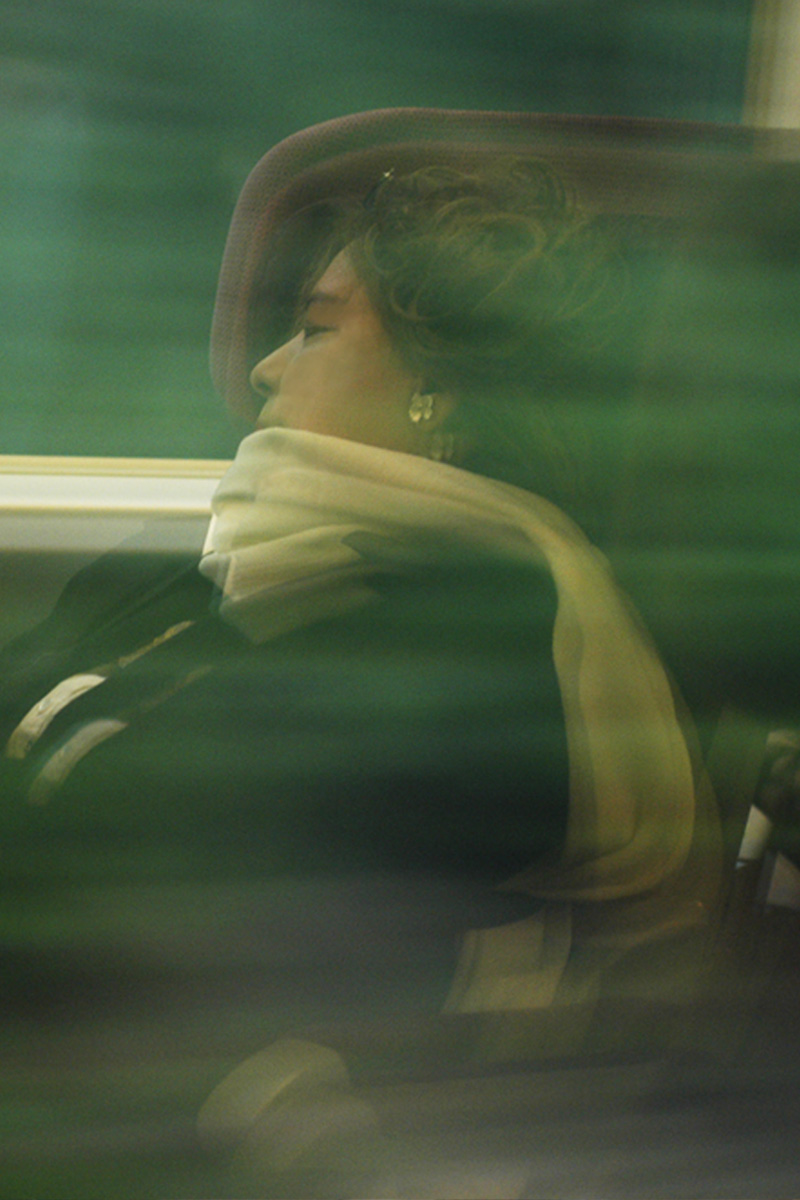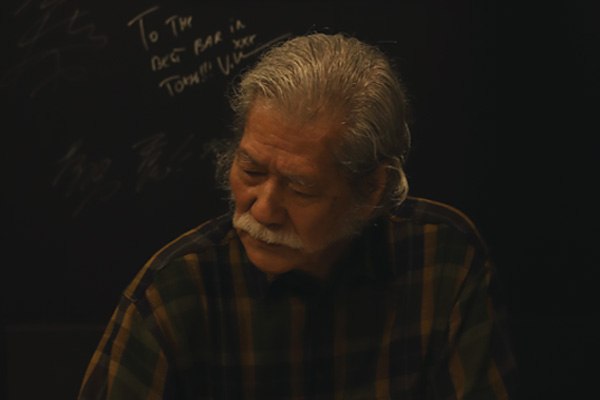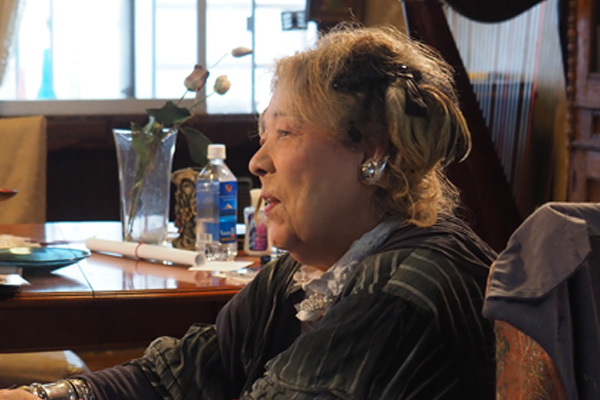フジコ・ヘミングの人生を知れば、彼女の音楽に深みが増す。
Feature | 2025.4.24

欧州と日本を往来しながら、やがて成功への道を歩みはじめる。
フジコ・ヘミングは1931年にベルリンに生まれる。父親はスウェーデン人の画家で建築家のゲオルギー=ヘミング・フリッツ・ジョスタ。母親は日本人でピアニストの大月投網子。弟には俳優の大月ウルフがいる。
幼少期に一家で日本へと移住するも、父だけがスウェーデンへ帰国。母と弟との生活をおくりながら東京藝術大学を卒業したフジコはドイツへと留学しようとする。しかし国籍がスウェーデンにも日本にもないことが発覚し、パスポートが取得できなくなる。そんなときフジコのピアノを聴いた駐日ドイツ大使から「難民として渡航許可を取りなさい」と助言され、念願だった留学が叶う。
ドイツではベルリンの音楽大学を優秀な成績で卒業し、世界的な指揮者のバーンスタインにも注目されたフジコだが、風邪をこじらせ聴力を失う。そもそも16歳のときに中耳炎で右耳の聴力をなくしていたフジコは左耳の聴力もなくし、絶望の淵で泣き暮らした。その後、治療と必死のリハビリでなんとか40%ほど聴力を回復させ、またピアノが弾けるようになった。
そんなドイツでの生活は極貧で、ピアノの先生をしながら病院の清掃員もした。 「正直にやっていれば、この世の中、必ず報われる」、 「人生なんて、人に相談してもしかたないのよ」、 「朝、ああ、今日も生きていた。神様ありがとう」。 これらはフジコの言葉。敬虔なキリスト教徒だったフジコは、神様と自分を信じることで辛い時期を乗り越えてきた。
30年ほど続けてきた海外生活だったが、母の死をきっかけに帰国。それからしばらくして、NHK「ETV特集」で「フジコ 〜あるピアニストの奇蹟〜」が放映され大反響を呼ぶ。
「有名になって変わったこと?生活は変わったけど、私自身はなにも変わっていない。いちばんうれしいのは経済的に余裕が出て、猫にましな食事をさせられるようになったことかしら」。そう語っていたフジコは時代の主役に。デビューCDの「奇蹟のカンパネラ」は3ヶ月で30万枚の大ヒット。2001年にはカーネギーホールでリサイタルを開き、2003年には、菅野美穂がフジコを演じたドラマ「フジ子・ヘミングの軌跡」が20.1%の高視聴率を記録。自身のCDレーベルの発足や、日本をはじめ世界各地でのコンサートなど音楽活動を精力的に行うなか、2023年11月、自宅の階段で転倒し脊髄を損傷。その後、膵臓ガンが見つかり2024年4月21日、92年の生涯を終える。
フジコの人生を思いながら、いまでもときおり「ラ・カンパネラ」を聴く。不思議なことに、亡くなってからますます、その演奏に魂がこもったように聴こえる。
The more you Know Fujiko Hemming’s life,
the deeper her music becomes.
She traveled between Europe and Japan, slowly finding her path to success.
Fujiko Hemming was born in Berlin in 1931 to a Swedish father, painter and architect Fritz Gösta Georgii-Hemming, and a Japanese mother, pianist Toako Ohtsuki. Her younger brother was actor Ulf Otsuki.
The family moved to Japan during her childhood, though her father returned alone to Sweden. She lived with her mother and brother, graduated from Tokyo University of the Arts, and hoped to study in Germany. But lacking any official nationality—neither Swedish nor Japanese—she couldn’t obtain a passport. Then, moved by her playing, the German ambassador advised her to apply for refugee status—opening the door to her dream of studying abroad.
In Germany, Fujiko graduated with honors from a Berlin music university and even drew the attention of Leonard Bernstein. But a severe cold caused her to lose hearing in her left ear—she had already lost her right at 16. Devastated, she fell into despair. Through treatment and relentless rehab, she recovered about 40% of her hearing—just enough to play again. Her life in Germany was marked by poverty. She taught piano and worked as a hospital cleaner to survive. “If you live honestly, life will reward you.”
“There’s no point in asking others about your life—it’s yours.” “Every morning I think, ‘I’m alive today. Thank you, God.’” A devout Christian, Fujiko relied on her faith in God—and in herself—to endure.
After some 30 years abroad, she returned to Japan following her mother’s death. Some time later, the NHK documentary Fujiko: The Miracle of a Pianist, aired and became a nationwide sensation.
“What’s changed since I became famous? My lifestyle, sure, but not me. What makes me happiest is finally giving my cats better food,” Fujiko once said, embracing her moment in the spotlight. Her debut CD Miracle Campanella sold 300,000 copies in three months. In 2001, she performed at Carnegie Hall. In 2003, a TV drama based on her life, starring Miho Kanno, drew a 20.1% rating. While performing worldwide and launching her own CD label, tragedy struck in November 2023—she fell at home and injured her spine. Soon after, she was diagnosed with pancreatic cancer and passed away on April 21, 2024, at the age of 92.
Even now, I sometimes listen to La Campanella while thinking of Fujiko’s life. Strangely, her performances sound even more soulful now that she’s gone.



閲覧中の特集はこちら





